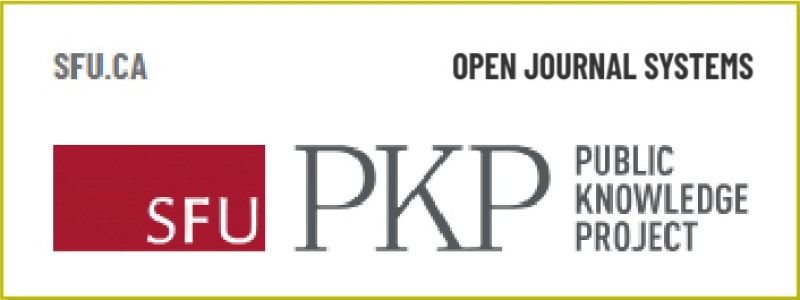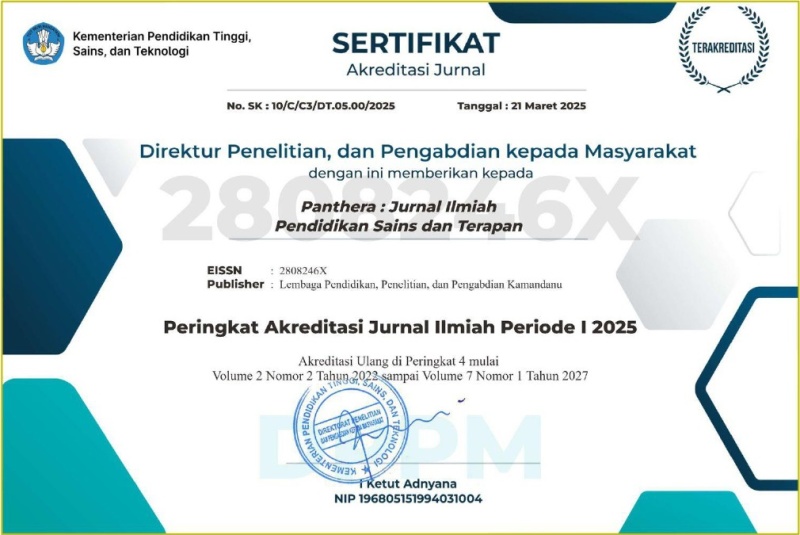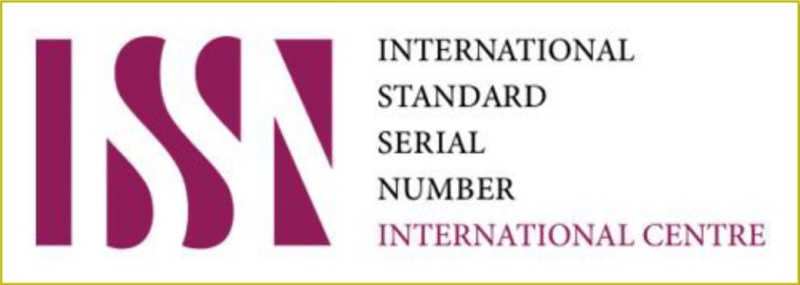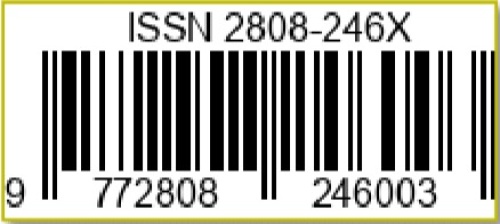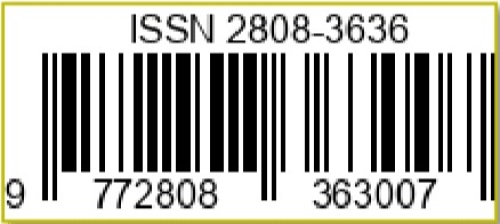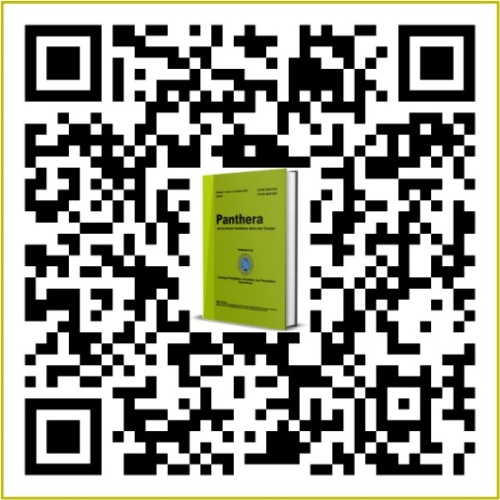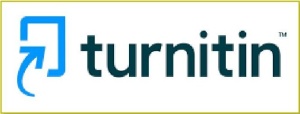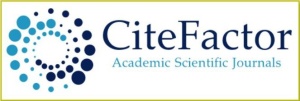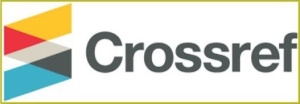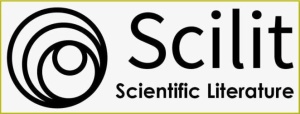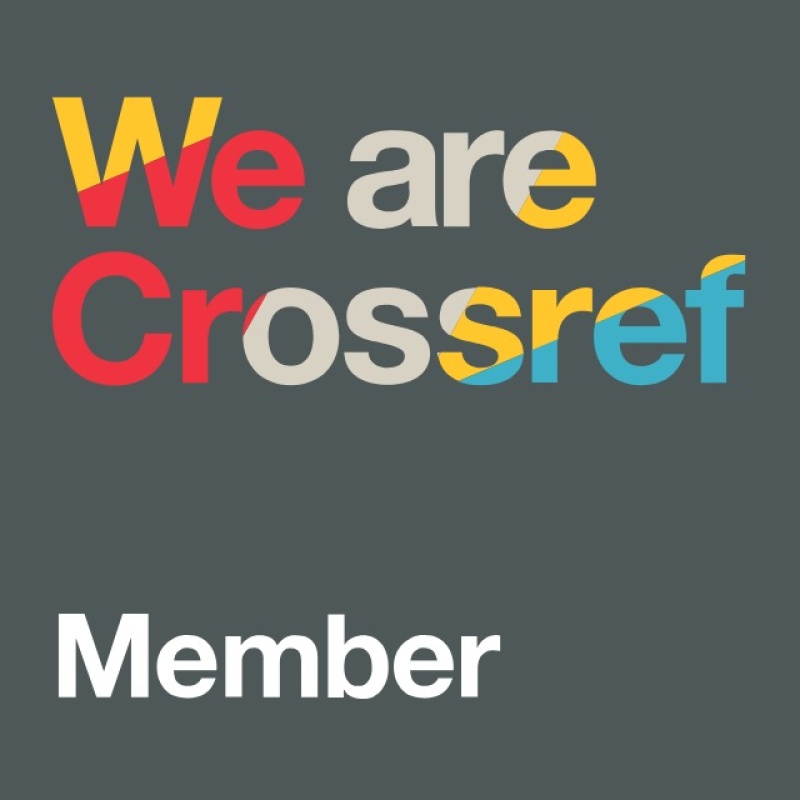Pengaruh Model Pembelajaran Tutor Sebaya terhadap Hasil Belajar Matematika
DOI:
https://doi.org/10.36312/pjipst.v1i1.10Keywords:
Peer Tutor Learning Model, Mathematics Learning Outcomes.Abstract
This study aims to determine the effect of the Peer Tutor learning model when compared to the conventional type of experimental learning. The population in this study were students of class VII MTs. Nurul Huda Tempos for the 2020/2021 academic year, totaling 117 people from 4 classes. The sample consisted of 2 classes, namely class VII B as the experimental class and class VII A as the control class. Sampling was done by random sampling. The research instrument consisted of pretest and posttest. The results obtained tcount (4.14 > ttable (2.42) with a confidence level of 5%, N = 30 which means H0 is rejected and Ha is accepted. The average student learning outcomes using the Peer Tutor learning model are 72.03, while students who use conventional learning models are 63.53. The results of this study indicate that the learning outcomes of the experimental group differ significantly from those of the control group. Thus, it can be concluded that the Peer Tutor learning model is more effective than learning using conventional learning models. on the subject of a one-variable system of linear equations.
Downloads
References
Anggorowati, N. P. (2011). Penerapan Model Pembelajaran Tutor Sebaya pada Mata Pelajaran Sosiologi. KOMUNITAS : International Journal of Indonesian Society and Culture, 3(1), 103-120. https://doi.org/10.15294/komunitas.v3i1.2303
Arikunto, S. (2002). Prosedur Penelitian Suatu Pendekatan Praktek. Jakarta: PT. Rineka Cipta.
Asikin, M. (2002). Menumbuhkan Kemampuan Komunikasi Matematika Melalui Pembelajaran Realistik. In Prosiding Konferensi Nasional Matematika XI (pp. 490-497). Malang, Indonesia: Universitas Negeri Malang.
Djamarah, S. B. (2006). Strategi Belajar Mengajar. Jakarta: PT. Rineka Cipta.
Hadi, A., & Haryono. (2005). Metodologi Penelitian Pendidikan. Bandung: CV. Pustaka Setia.
Hanafy, M. S. (2014). Konsep Belajar dan Pembelajaran. Lentera Pendidikan : Jurnal Ilmu Tarbiyah dan Keguruan, 17(1), 66-79. https://doi.org/10.24252/lp.2014v17n1a5
Riyanto, Y. (2007). Metodologi Penelitian Pendidikan Kualitatif dan Kuantitatif. Surabaya: Unesa University Press.
______. (2006). Pengembangan Kurikulum dan Seputar Kurikulum Tingkat Satuan Pendidikan (KTSP). Surabaya: Unesa University Press.
Rusman. (2014). Model-model Pembelajaran: Mengembangkan Profesionalisme Guru. Jakarta: PT. Raja Grafindo Persada.
Sudjana, N. (2007). Penelitian dan Penilaian Pendidikan. Bandung: PT. Sinar Baru Algesindo.
Sugiyono. (2009). Metode Penelitian Kuantitatif Kualitatif dan R&D. Bandung: CV. Alfabeta.
Suherman, E. (2001). Strategi Pembelajaran Matematika Kontemporer. Bandung: JICA.
Suwangsih, E., Putri, H. E., Widodo, S., & Ikhwanudin, T. (2018). Pengembangan Model Pembelajaran Konsep Bilangan bagi Anak dengan Mathematics Learning Disability di Sekolah Dasar Inklusi. IndoMath: Indonesia Mathematics Education, 1(1), 1-18. https://doi.org/10.30738/indomath.v1i1.2092
Undang-undang Republik Indonesia Nomor 20 Tahun 2003 tentang Sistem Pendidikan Nasional. 2003. Jakarta: Pemerintah Republik Indonesia.

Downloads
Published
How to Cite
Issue
Section
License
Copyright (c) 2021 Zainal Abidin

This work is licensed under a Creative Commons Attribution-ShareAlike 4.0 International License.
-
Attribution — You must give appropriate credit, provide a link to the license, and indicate if changes were made. You may do so in any reasonable manner, but not in any way that suggests the licensor endorses you or your use.
-
ShareAlike — If you remix, transform, or build upon the material, you must distribute your contributions under the same license as the original.

